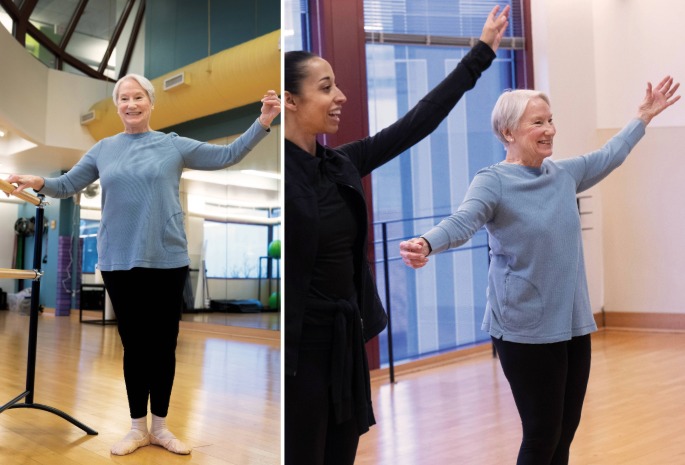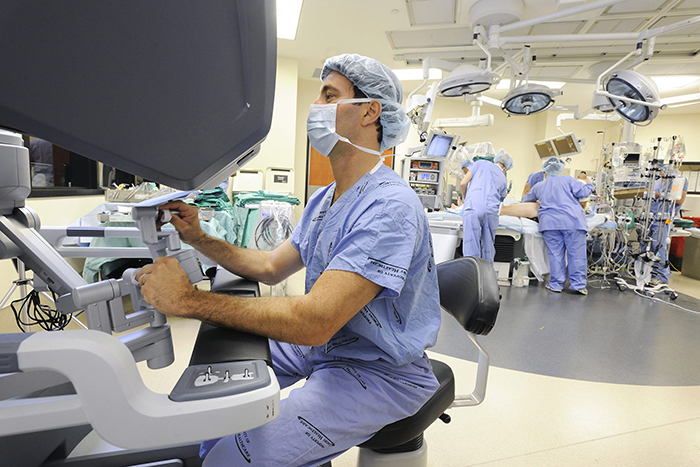Hearing loss can significantly impact a person's life, making it difficult to connect with loved ones and engage with the world. While hearing aids offer valuable assistance for many, some individuals experience such profound hearing loss that traditional amplification is no longer effective. For these patients, a cochlear implant can be a life-changing solution.
The devices—which are surgically implanted and rest over the ear and on the head—have been around for decades. But Emory Healthcare is at the forefront of improving cochlear implant procedures using new technology. In December 2024 we performed the first robotic-assisted cochlear implant surgery in the state of Georgia.
Rustin Kashani, MD, otolaryngologist at Emory Healthcare, advocated to bring this technology to Emory’s operating room. “Emory is receptive to new ideas and eager to incorporate innovations into patient care. When I suggested we bring in this technology, there was no hesitation,” he says. “From my department making it happen to the excitement of the clinical team in the operating room, everyone was in full support.”
Since then, Emory Healthcare’s Department of Otolaryngology has performed several robotic-assisted cochlear implants, and is collecting and contributing to data to both substantiate the benefits and further improve upon this technology.
“Patients are becoming increasingly savvy when it comes to their health, and many seek care at institutions that are on the cutting edge,” says Dr. Kashani. “Emory knows that and makes it a priority—it’s part of our reputation.”




